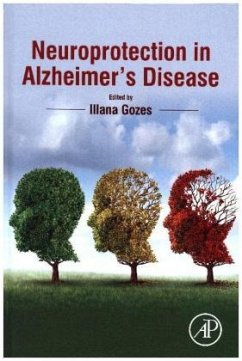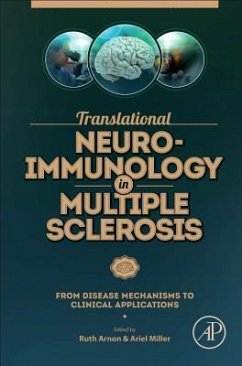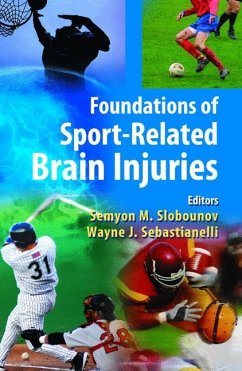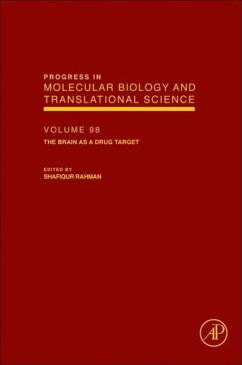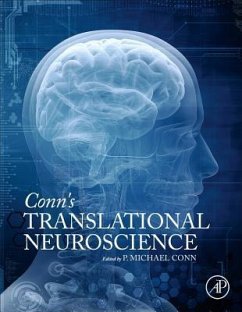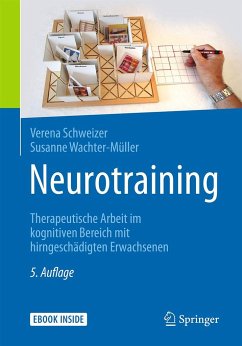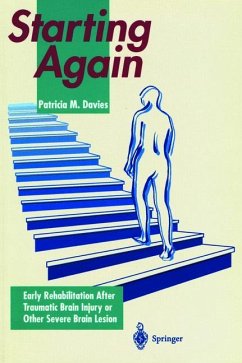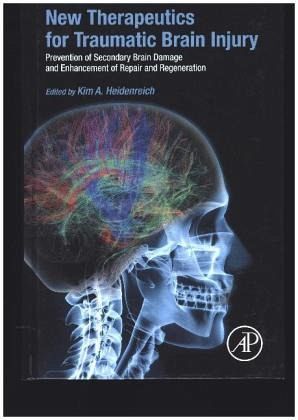
New Therapeutics for Traumatic Brain Injury
Prevention of Secondary Brain Damage and Enhancement of Repair and Regeneration
Herausgegeben: Heidenreich, Kim

PAYBACK Punkte
48 °P sammeln!
New Therapeutics for Traumatic Brain Injury: Prevention of Secondary Brain Damage and Enhancement of Repair and Regeneration explores traumatic brain injury (TBI), a major cause of death and disability throughout the world. The delayed nature of the secondary injury phase suggests that there is a therapeutic window for pharmacological interventions or other approaches to prevent progressive tissue damage and improve functional outcomes. It is now apparent that therapeutic interventions should entail both protective and repair/regeneration strategies depending on the phase of brain injury.This ...
New Therapeutics for Traumatic Brain Injury: Prevention of Secondary Brain Damage and Enhancement of Repair and Regeneration explores traumatic brain injury (TBI), a major cause of death and disability throughout the world. The delayed nature of the secondary injury phase suggests that there is a therapeutic window for pharmacological interventions or other approaches to prevent progressive tissue damage and improve functional outcomes. It is now apparent that therapeutic interventions should entail both protective and repair/regeneration strategies depending on the phase of brain injury.
This book describes emerging experimental strategies for the treatment of TBI, including new anti-inflammatory or anti-apoptotic therapeutics that limit brain damage, and novel or repurposed drugs that enhance repair or regeneration of the brain after injury.
This book describes emerging experimental strategies for the treatment of TBI, including new anti-inflammatory or anti-apoptotic therapeutics that limit brain damage, and novel or repurposed drugs that enhance repair or regeneration of the brain after injury.




